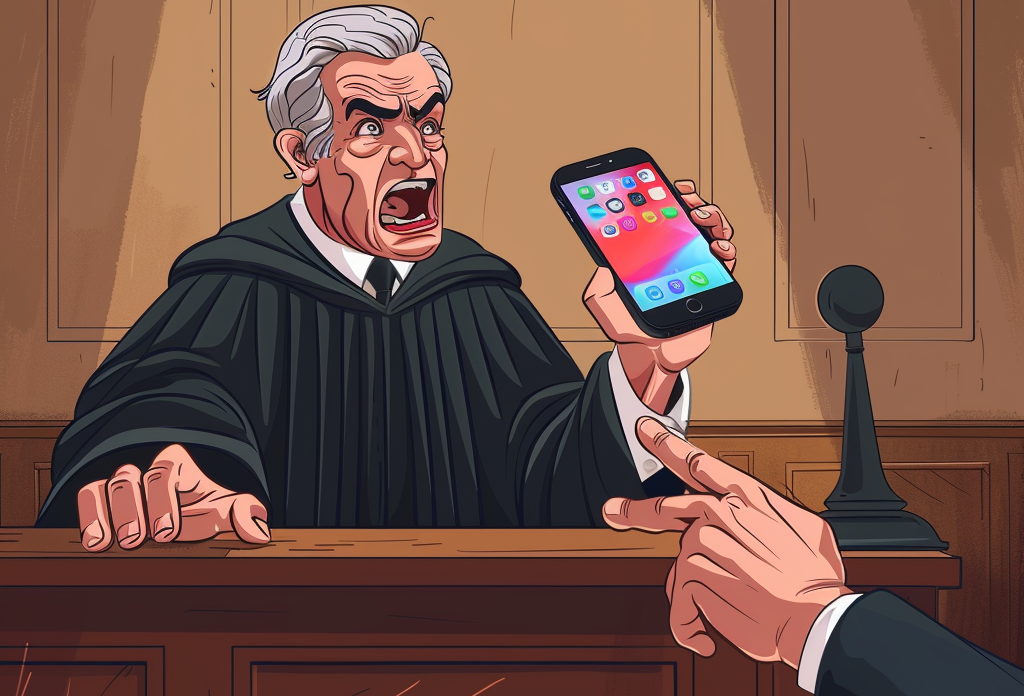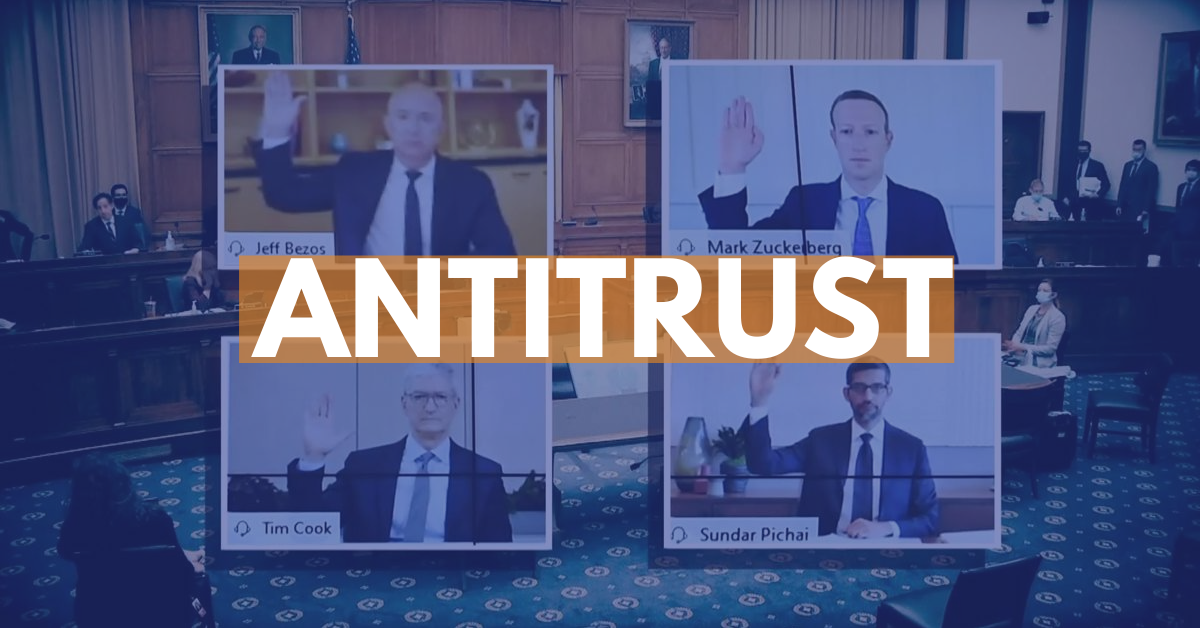Written evidence response to the consultation on the proposed decision to designate Apple’s mobile platform as a SMS The Consumer Choice Center is a non-profit organisation dedicated to defending the...

MARCH 13, 2025 | Today a bipartisan group of US lawmakers signed onto a joint letter calling on the UK’s government to immediately bring transparency to their upcoming hearing for Apple on...

FEB 27, 2025 | Tulsi Gabbard, now U.S. Director of National Intelligence, has confirmed that U.S. officials and DNI lawyers are now reviewing whether the United Kingdom breached a bilateral treaty known...

London, UK – As of this afternoon, new Apple users in the UK can no longer enable Advanced Data Protection (APD) of their data, an end-to-end encrypted backup. In response to...

Washington, D.C. – Today the DOJ unveiled its long-awaited antitrust lawsuit against Apple, alleging that Apple maintains an “illegal monopoly” over the smartphone industry. “This is a very extreme position being taken...

European Commission pushing to establish USB-C as standard for all phones The European Commission is under fire from tech giant Apple after unveiling plans to make USB-C connectors the standard...

Several years ago, the European Union announced that it wanted to unify mobile chargers across all manufacturers. The goal was to eliminate electronic waste because previously switching phones often means...

Armed with face masks and fresh customer complaints, members of the House Subcommittee on Antitrust, Commercial, and Administrative Law convened both virtually and in-person on Thursday, for the first of...

Microsoft’s carbon dating, Google in $1tn club, Logitech’s split keyboard Don’t tell anyone, but my iPhone charger is hidden under some newspapers on my desk so that it’s less likely...